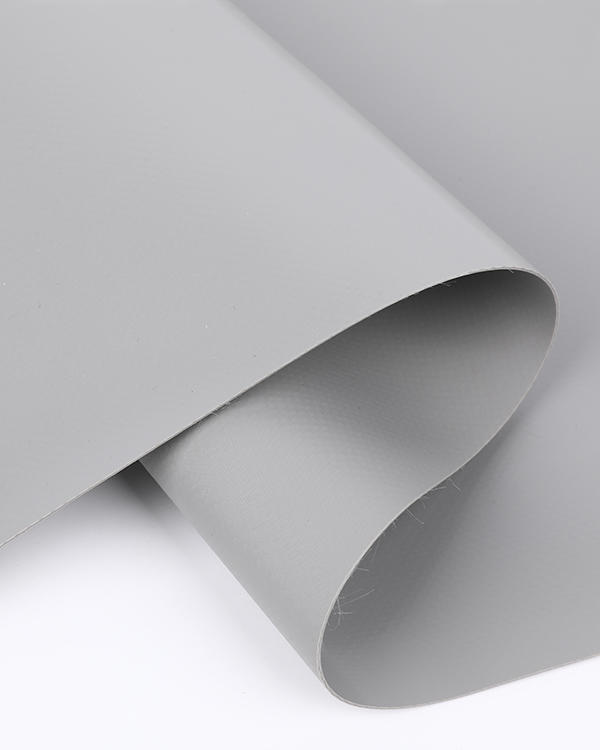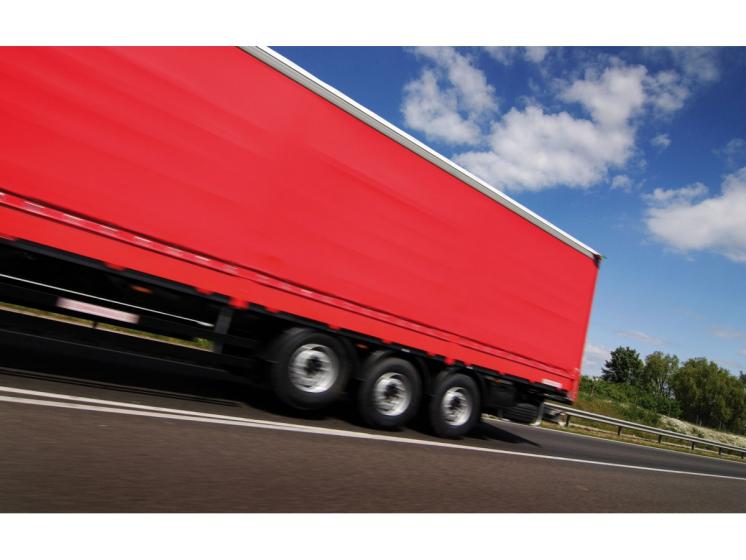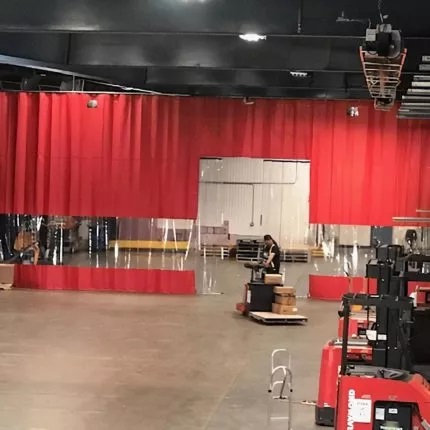What effect does the peeling strength have on the use of tarpaulin
The peeling strength (or adhesion strength) of a tarpaulin—the force required to separate its laminated or coated layers—directly impacts its durability, weather resistance, and lifespan. Here’s how insufficient peeling strength affects performance:
1. Delamination & Structural Failure
Weak peeling strength causes layers (e.g., PVC coating and polyester fabric) to separate under stress.
Result: Cracks, bubbles, or flaking, exposing the fabric to damage.

2. Reduced Weatherproofing
Water leakage: Delaminated areas allow water seepage, defeating waterproofing.
UV degradation: Exposed fabric fibers weaken under sunlight, fading colors and reducing strength.

3. Poor Tear/Puncture Resistance
The coating reinforces the PVC tarpaulin fabric; peeling weakens this bond, making the tarp easily torn by wind, sharp objects, or heavy loads.

4. Shortened Lifespan
Accelerated wear: Peeling spreads over time, leading to premature failure.
Costly replacements: Tarps degrade faster, increasing long-term expenses.
5. Critical Application Failures
Truck covers: May rip open during transit.
Industrial curtains: Lose flame/chemical resistance if layers separate.
Awnings: Collapse risks in storms due to weakened seams.
Causes of Low Peeling Strength
Poor-quality adhesives or uneven coating during manufacturing.
Incorrect temperature/pressure in lamination.
Low-grade fabric or PVC mix.
Solutions to Improve Peeling Strength
Material Selection:
Use high-density fabrics (e.g., 1000D polyester) with strong PVC coatings.
Opt for laminated tarps (not just coated) for heavy-duty use.
Manufacturing Controls:
Ensure proper heat, pressure, and adhesive application during production.
Testing & Standards:
Verify peeling strength via ASTM D751, ISO 2411, or DIN 53357.
Look for tarps with ≥50 N/cm peeling resistance for demanding applications.
When Does Peeling Strength Matter Most?
Outdoor use: High winds, UV exposure, and rain demand strong adhesion.
Industrial loads: Tarps covering sharp-edged cargo or machinery.
Long-term installations: Permanent canopies, stadium roofs, or marine covers.




